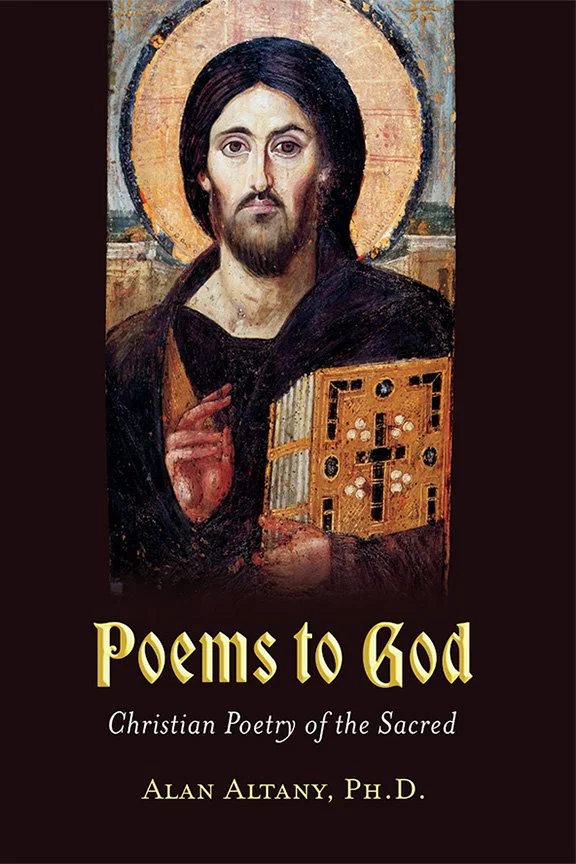Christian Poetry & Discussion of the Sacred in Contemporary Consciousness & Culture
Welcome
My main reason for writing Christian-based poetry and for having this website is to have people (not only Christians) read the poetry and hope that it touches them in some way, drawing them to see God more deeply, even experience God as more real and foundational in their lives.
I am a Catholic, but my poetry is accessible by Christians of all branches. I also invite non-Christians of any faith tradition, or of no religious faith, to read my poetry for new, even surprising, ways to perceive and explore where faith, reasoning, and imagination about God and Jesus Christ may lead. The Jewish philosopher, Martin Buber, said “God” is the most loaded word in the language. My poetry is a contemplative approach to transcending conventional ideas and uses of “religious language” to allow the undomesticated God to emerge as more real and mysterious at the same time.
It is my view that the greatest change in human consciousness since its beginning began to occur several centuries ago, a change where the sacred has become obscured, neglected, and rejected in contemporary consciousness and culture. My poetry now, and into the future, is a way to regain experience of the sacred (and the infinite) in the very midst of the ordinary (and finite).
I appreciate you visiting this website, its blog, and for considering reading my poetry. I would be pleased if we could form a community centered around the poetry and its seeking of God, and its allowing ourselves to be found by God, a place for poetics and profound questions (with perhaps some answers found along the way). But having the greatest questions is key to being religious or spiritual. My poetry asks those kinds of questions and follows them to where they lead. Thank you for joining with me in adventures in poetic, religious imagination, and faith.
God’s blessings to you,
“Truth is so obscure in these times, and falsehood so established, that, unless we love the truth, we cannot know it.”


